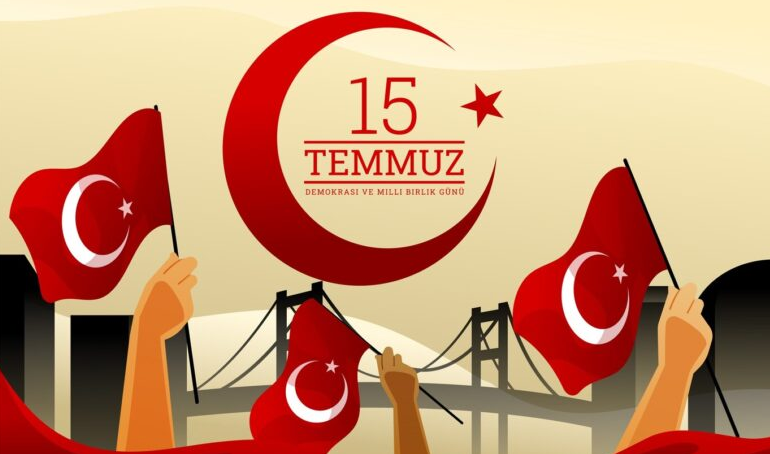Introduction
“Utanmaz Türklere,” a term that translates to “shameless Turks,” has deep-rooted cultural, historical, and social implications in Turkey. This term is not just a descriptor but carries with it a complex web of meanings, stereotypes, and cultural narratives. Understanding its origin, evolution, and impact on Turkish society provides valuable insights into the cultural dynamics of Turkey.
Historical Context
The term “Utanmaz Türklere” has evolved over centuries, reflecting changing societal norms and values. Historically, it has been used both pejoratively and descriptively to characterize behaviors deemed unacceptable by societal standards. Its origins can be traced back to Ottoman times when strict social norms dictated personal and public conduct. Historical figures who defied these norms were often labeled as “utanmaz,” or shameless, highlighting their divergence from accepted behavior.
Cultural Significance
In Turkish culture, honor and shame play pivotal roles. The concept of “utanmaz” is deeply intertwined with these values, often used to enforce conformity and discourage deviation. It reflects the collective consciousness regarding morality, ethics, and social conduct. The term has also been used to critique those who challenge traditional values or engage in behavior considered dishonorable.
Themes and Interpretations
Common themes associated with “utanmaz türklere” include rebellion, non-conformity, and defiance of social norms. These themes are interpreted differently across regions and communities within Turkey. In some contexts, being labeled “utanmaz” might be seen as a mark of courage and individuality, while in others, it is a severe indictment of character.
Literature and Media
Turkish literature and media have frequently explored the concept of “utanmaz türklere.” Classic Turkish novels, poems, and films often depict characters who embody or challenge this notion. These representations serve to reflect and critique societal values, offering a mirror to the cultural psyche of Turkey. Notable works include depictions in the works of authors like Orhan Pamuk and films by directors like Nuri Bilge Ceylan.
Societal Impact

The societal impact of the term is significant, influencing social behavior and norms. It has been used to enforce conformity, shame individuals, and maintain social order. Conversely, it has also sparked debates about freedom, individual rights, and the boundaries of acceptable behavior. The term plays a crucial role in the socialization process, shaping how individuals perceive themselves and others.
Common Misconceptions
There are many myths and misconceptions surrounding “utanmaz türklere.” One common misunderstanding is that it applies uniformly across all contexts and individuals. In reality, its application is highly contextual and subjective. Another misconception is that it solely denotes negative behavior, ignoring instances where it has been reclaimed positively by individuals or groups.
Modern Perspectives
In contemporary Turkey, perceptions of “utanmaz türklere” have evolved. While it still carries traditional connotations, modern perspectives often challenge these views. The term is increasingly seen through the lens of individual rights and personal freedom. This shift reflects broader changes in Turkish society, where traditional values are being reexamined in the context of modernity.
Case Studies
Analyzing specific instances where the term “utanmaz türklere” has been applied reveals its multifaceted nature. For example, political figures, activists, and artists have been labeled “utanmaz” for their actions and beliefs. These case studies illustrate the term’s role in public discourse and its power to shape public opinion.
Expert Opinions
Cultural experts, sociologists, and historians provide valuable insights into the significance of “utanmaz türklere.” Their perspectives help contextualize the term within broader social and historical frameworks. For instance, sociologist Dr. Ayşe Gül Altınay’s work explores how notions of honor and shame influence gender dynamics in Turkey, offering a deeper understanding of the term’s implications.
Global Context
Comparing “utanmaz türklere” with similar concepts in other cultures highlights its unique and universal aspects. For example, the concept of “losing face” in East Asian cultures shares similarities with “utanmaz” in terms of social consequences and cultural significance. These comparisons help elucidate the term’s place within global cultural narratives.
Conclusion
In conclusion, “utanmaz türklere” is a term rich with cultural, historical, and social significance. Its exploration offers a window into Turkish society, revealing the complex interplay between tradition, modernity, and individual identity. Understanding this term encourages further exploration and dialogue about cultural values and their impact on contemporary life.
